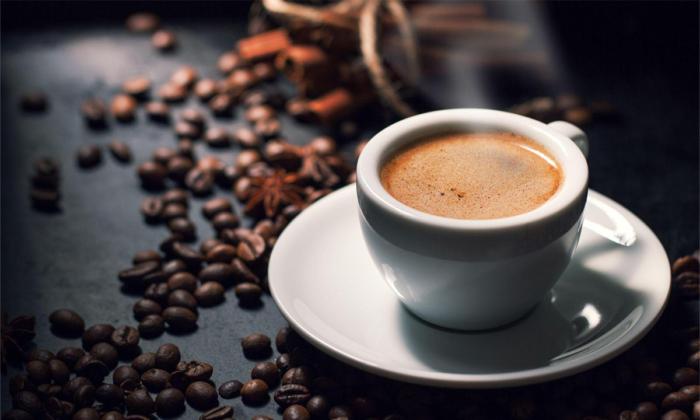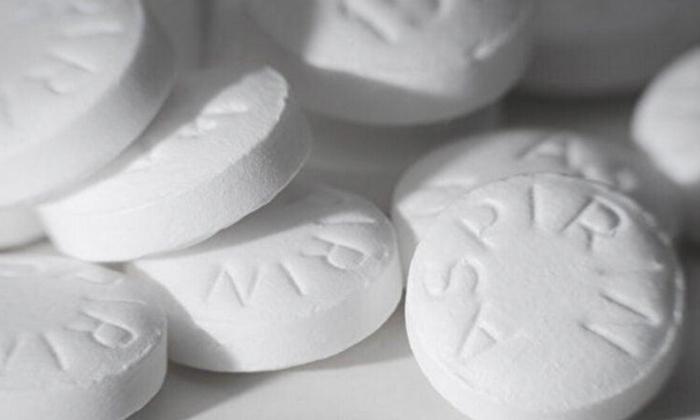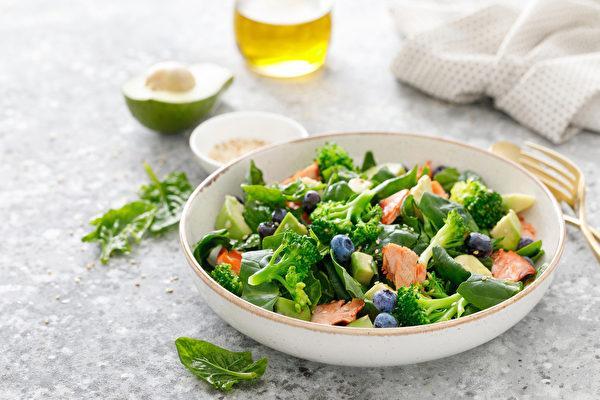Banana contains plentiful potassium ions, dietary fiber, vitamins, and antioxidants. Delicious and nutritious, bananas aren’t only healthy snacks, but also great for preventing cancer, cardiovascular diseases, memory decline, and relieving anxiety.
1. Cancer Prevention
A report published in the International Journal of Cancer in January 2005 documents a 13-year study in Sweden of 61,000 women between the ages of 40 and 76, which found that women who ate at least four bananas a week had a 50 percent lower risk of kidney cancer.Women who eat root vegetables such as carrots and beets also have a lower incidence of kidney cancer.
The darker the patches on the banana skin, the better the immune system enhancement. Yellow-skinned bananas with dark spots increase white blood cells eight times more than green-skinned bananas.
2. Cardiovascular and Cerebrovascular Disease Prevention
Bananas are rich in magnesium. Magnesium helps reduce the risk of atherosclerosis by decreasing the plasma oxidized low-density lipoprotein, also known as bad cholesterol. They also have a lot of potassium, which controls blood pressure and regulates heart rate.Cardiovascular disease onset or recurrence risk was 11 percent lower in women and 7 percent in men.
The research indicated that eating more potassium-rich foods can prevent heart disease and stroke, especially in women.
Bananas also contain a lot of water-soluble dietary fiber, which is essential for heart disease prevention.
People with the highest daily consumption of water-soluble fibers also saw a decreased risk of heart disease, by 15 percent. The mortality rate of coronary heart disease was reduced by 24 percent, and the chance of getting heart disease went down by 15 percent.
3. Memory Loss Prevention
Bananas are a great source of vitamin B6. Vitamin B6 regulates the homocysteine level in the blood, improving cognitive ability.They found that subjects with higher vitamin B6 levels performed better in two memory tests.
4. Emotional Regulation, Anxiety, and Depression Relief
Bananas contain tryptophan, which the human body can convert into serotonin. Serotonin can relax the body, relieve anxiety, and induce the feeling of joy.The clinical study found that high doses of vitamin B6 consumption can reduce anxiety and depression.

Some People Should Avoid Overeating Bananas
People With Kidney Disease
The metabolic function of potassium is abnormal in patients with acute and chronic nephritis, renal insufficiency, and other kidney diseases if they eat too much potassium-rich food.Hyperkalemia and symptoms such as muscle weakness, drowsiness, and slow heart rate may arise as a result.
Diabetics
The sugar content of bananas is high. People with diabetes should be mindful of the amount they eat.According to the U.S. Department of Agriculture, 100 grams of bananas contain about 15.8 grams of sugar.
However, since bananas contain more fiber and resistant starch that the human body can’t absorb, their glycemic index isn’t high, so they won’t cause a sharp spike in blood sugar.
According to the School of Public Health of Harvard University, the glycemic index of ripe bananas is 51. The glycemic index of semi-ripe bananas is only 42, but that’s still higher than that of apples, which is about 36.





